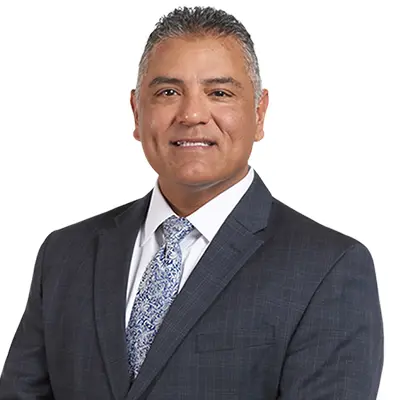With decades of experience practicing law in Arizona, our personal injury lawyers are well-versed in helping those who have been injured in an Arizona car accident, truck crash, or motorcycle collision, along with those who have suffered injuries at work, from medical malpractice, in a slip and fall accident, because of a defective product, and more. Our team is also dedicated to fighting for the rights of employees who have experienced discrimination, overtime wage disputes and other employment issues. We go above and beyond in every case we take on and will always fight for what you deserve.
Together, our team has recovered hundreds of millions in compensation for injury victims throughout Arizona, including a $23 million case and other multimillion-dollar verdicts and settlements awarded to our clients. We have acquired tens of millions in combined compensation for victims of motorcycle accidents, car accidents, slip and fall accidents, and medical malpractice, and in other dedicated practice areas. We are extremely proud of the results we’ve achieved as a firm in our 30 years of service to our clients.
Our team is licensed to practice law in the state of Arizona and is adept in the many personal injury laws and regulations that apply to various types of injury cases. Founding partner Jeffrey Phillips has received the distinction as one of the “Best Attorneys in America” and has been invited to the Top 100 Trial Lawyers from the National Trial Lawyers Association for several years. We are gratified to note that many of our injury attorneys are also active members of the Arizona Association for Justice.
All of our Phoenix personal injury attorneys dedicate their practice to helping those who have been harmed in various types of personal injury cases. We are committed to providing you with the highest quality legal services, and we will keep you informed throughout the legal process so you always know what to expect – you’ll never be left in the dark with Phillips Law Group. We will also review the forms of compensation you may be entitled to and explain your rights during every step of your journey with our firm.
The legal process can be extremely complicated and difficult to manage on your own, particularly when you are recovering from an injury and may be unable to work to support yourself and your family. This is why you could strongly benefit from working with a trusted attorney like the ones at Phillips Law Group. Please contact us today, for a free, no-obligation consultation to learn more!







































